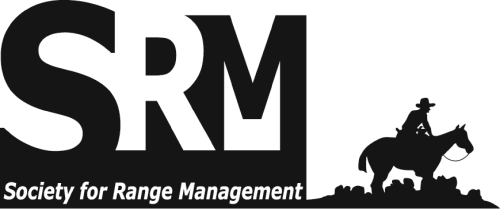Rangeland ecosystems encompass diverse lands across the globe, representing complex coupled human and natural systems in which conservation goals must be balanced with the economic realities of agricultural production. Ranchers make decisions and adapt their management for multiple outcomes across numerous scales in response to the dynamic social-ecological systems within which their ranch enterprises are embedded. Rangeland research has predominantly focused on comparisons of a few biophysical outcomes between fixed treatments implemented over fine spatial and temporal scales. In the adaptive decision-making process, place-based expertise, trial-and-error learning, and heuristics passed on through generations and local knowledge networks all function to determine agricultural strategies and perceptions of management successes or failures. Integrating management and research knowledge bases will require enhanced collaboration between scientists and managers. Scientists must work with ranchers to identify and quantify the social, economic, and/or ecological benefits ranchers are deriving from their management strategies. Managers must become active participants in the design, implementation, and interpretation of management studies conducted at scales relevant to on-ranch conditions, decision-making, and adaptation. Novel, large scale, participatory research approaches are required to advance our collective understanding of on-ranch adaptive management strategies, and the mechanisms by which these place-based strategies provide the goods and services managers expect. Our project team has developed a multipronged approach to directly integrate management and science in addressing the challenges of providing for multiple and diverse outcomes on working rangelands, and to gain insights into decision-making and adaptation on rangelands. Here, we highlight collaborative research based on 1) surveys of over 800 ranchers in CA and WY, 2) semi-structured interviews of over 100 California ranchers, and 2) a long-term, stakeholder prescribed adaptive grazing strategy study. Results discussed will include ranchers' goals, perceptions about management practice effectiveness, on-ranch rotational grazing strategies, drought adaptation strategies, and views on climate change and risk.

Oral presentation and poster titles, abstracts, and authors from the Society for Range Management (SRM) Annual Meetings and Tradeshows, from 2013 forward.